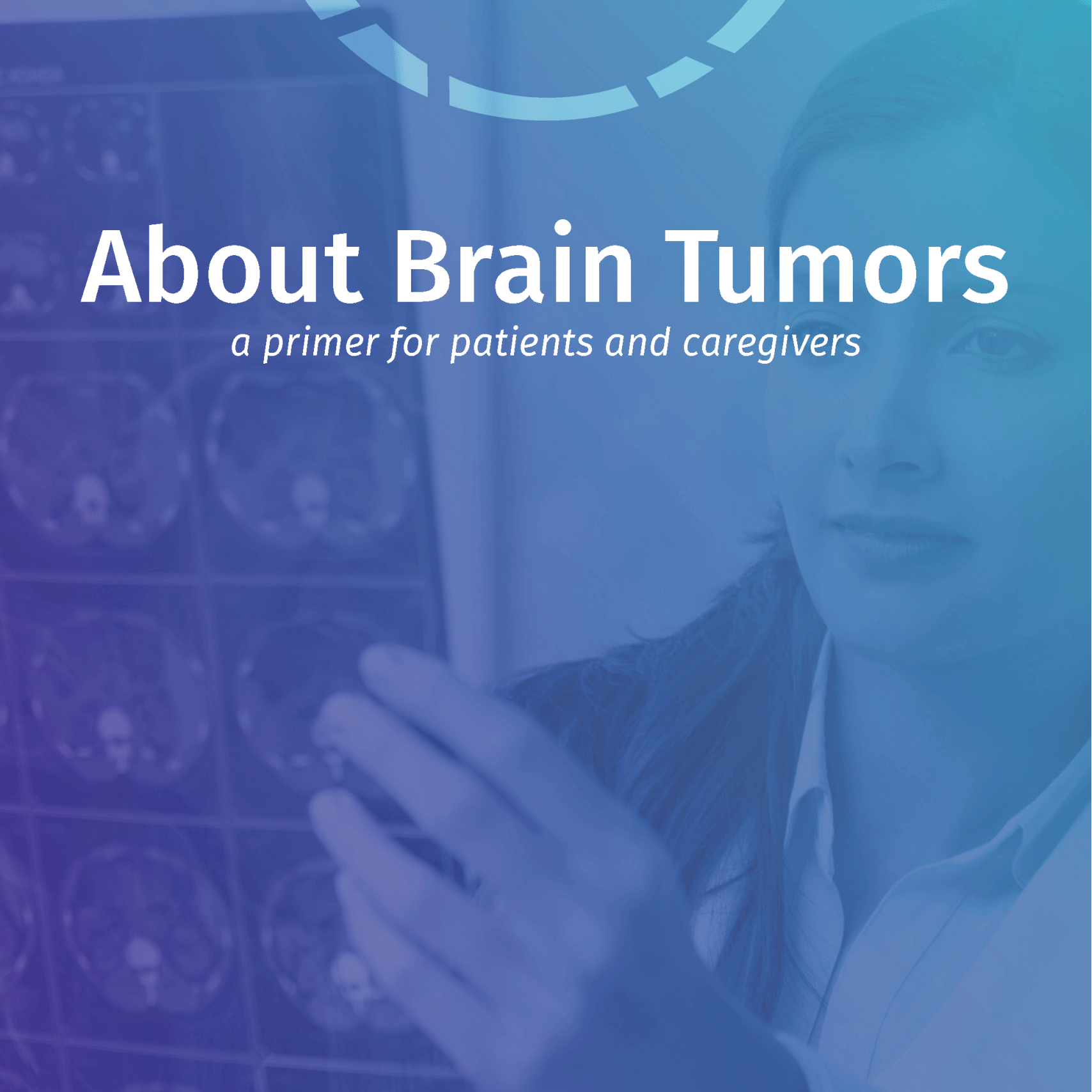Becoming an Empowered Advocate for Your Loved On
When someone you care about receives a brain tumor diagnosis, your life can change in an instant. Suddenly, you might find yourself stepping into a vital role as a caregiver—a role that is both profoundly rewarding and immensely challenging. While the responsibility can feel overwhelming at times, caregivers have the power to positively impact not only their loved one’s medical journey but also their overall quality of life.
In this post, we’ll explore the many facets of caregiving for someone with a brain tumor, share practical tips, and provide resources to help you become an empowered advocate for your loved one.
Understanding the Caregiver’s Role
Caregiving is multifaceted, encompassing physical, emotional, and logistical support. Though every journey is unique, caregivers often find themselves taking on roles such as:
- Emotional Support: Being there for your loved one during doctor’s appointments, treatments, or on particularly tough days is one of the most critical roles a caregiver can play. Sometimes, just sitting together quietly can provide comfort.
- Practical Assistance: From managing medication schedules and coordinating transportation to preparing meals or helping with daily tasks, practical support ensures that your loved one’s needs are met.
- Advocacy: Navigating the healthcare system can be overwhelming. As a caregiver, you might need to help your loved one ask questions, understand their treatment options, and ensure they receive the best possible care.
Staying Informed
Knowledge is power, especially when it comes to navigating a brain tumor diagnosis. Understanding the condition, treatments, and care options will help you provide better support. Here are some ways to stay informed:
- Attend Medical Appointments: Accompanying your loved one to their appointments not only shows support but also ensures you’re in the loop on important updates.
- Take Notes: Write down key details during medical visits to avoid confusion later. If something isn’t clear, don’t hesitate to ask questions.
- Use Trusted Resources: Organizations like the American Brain Tumor Association (ABTA) offer educational materials, webinars, and support groups to help caregivers and patients alike.
Empowering Your Loved One
While caregiving often involves taking on significant responsibilities, it’s essential to foster your loved one’s sense of autonomy and dignity. Here’s how you can do that:
- Encourage Independence: Allow your loved one to handle tasks they are still capable of doing. This can help maintain a sense of normalcy and self-worth.
- Collaborate on Decisions: Whether it’s deciding on treatment plans, daily activities, or dietary changes, including your loved one in the conversation ensures their voice is heard.
- Focus on Joy: Even in the midst of treatment, find ways to prioritize enjoyable activities. This might mean watching a favorite movie, gardening, or planning small outings when they feel up to it.
Self-Care for Caregivers
As a caregiver, it’s easy to pour all your energy into helping your loved one, but neglecting your own needs can lead to burnout. To be the best advocate you can be, self-care is essential:
- Set Boundaries: Recognize that it’s okay to take breaks. Whether it’s a short walk, reading a book, or spending time with friends, small moments of reprieve can make a big difference.
- Seek Support: Connect with others who understand your journey by joining caregiver support groups or online forums. Sharing experiences can provide comfort and practical advice.
- Manage Stress: Explore relaxation techniques such as mindfulness, deep breathing, or yoga. Even a few minutes a day can help you recharge.
Practical Tips for Caregivers
Caregiving can be demanding, but small strategies can make a big difference in staying organized and managing stress:
- Organize Information: Use a shared calendar or digital app to track appointments, medications, and important contacts. Keeping everything in one place ensures you don’t miss anything critical.
- Delegate Tasks: Don’t be afraid to ask friends or family members for help. Whether it’s running errands or providing company for your loved one, many people are eager to lend a hand—they just need to be asked.
- Celebrate Small Wins: Acknowledge and celebrate milestones, no matter how small. Completing a treatment round, experiencing a symptom-free day, or simply enjoying a good laugh together are all worth cherishing.
You’re Not Alone
Caregivers are the unsung heroes of the brain tumor journey. Your dedication and love make a difference in ways that cannot always be measured. By staying informed, prioritizing your loved one’s needs, and taking care of yourself, you’re creating a supportive environment for healing and hope.
Remember, you don’t have to face this alone. Resources like our Caregiver Mentor Support Program and National Conference where you can meet and connect with other caregivers, are here to guide you every step of the way, offering tools, education, and support. Together, we can meet hope head-on and navigate the challenges of caregiving with strength and compassion.

































